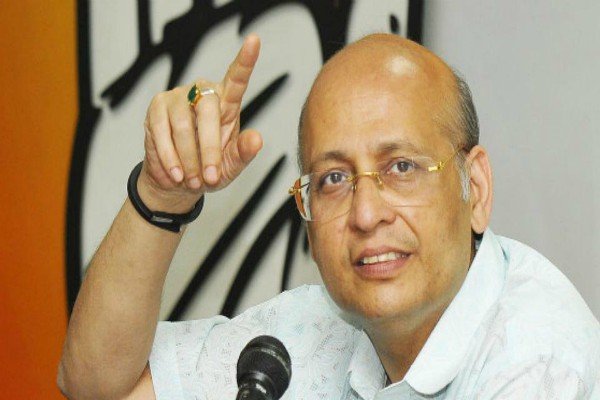Senior Congress leader Abhishek Manu Singhvi sparked controversy with a social media post that questioned the consequences of providing rights based on population, using the slogan “jitni abadi utna haq” (rights based on population), which had been endorsed by Congress MP Rahul Gandhi. In his post, Singhvi expressed concern that such an approach could lead to majoritarianism.
Abhishek Manu Singhvi’s post on the social media platform X read, “Equality of opportunity is never the same as equality of outcomes. People endorsing #jitniabadiutnahaq have to first completely understand the consequences of it. It will eventually culminate into majoritarianism.”
The slogan “jitni abadi utna haq” gained prominence after the Bihar government released the state’s caste-based census, which showed that 84% of the population belonged to the Other Backward Classes (OBCs), Scheduled Castes (SCs), and Scheduled Tribes (STs). The census data highlighted the significant population of these communities in Bihar.
However, Singhvi later deleted his controversial post on X, attributing it to a careless forward by one of his staff members. He clarified that he supports a caste census that would determine rights proportionately.
Congress distanced itself from Singhvi’s remarks, with AICC general secretary Jairam Ramesh stating that Singhvi’s tweet reflects his personal view and does not represent the position of the Indian National Congress (INC).
Rahul Gandhi, Congress MP and former party president, had previously endorsed the “jitni abadi utna haq” slogan after the release of the Bihar caste-based census. He emphasized that the census revealed that 84% of Bihar’s population belonged to OBCs, SCs, and STs, yet they had limited representation in the central government’s bureaucracy. Rahul Gandhi argued that rights should be based on population and that greater population should correspond to greater rights.
The controversy surrounding Singhvi’s post highlights the ongoing debate within the INC and the broader political landscape regarding the allocation of rights and resources based on caste and population. While some leaders advocate for proportional representation and allocation, others raise concerns about potential negative consequences, such as majoritarianism.
The issue continues to be a subject of discussion and debate in Indian politics, particularly in the context of affirmative action, social justice, and the empowerment of historically marginalized communities. The controversy also underscores the complexities of addressing issues related to caste and identity in a diverse and multi-layered society like India.
